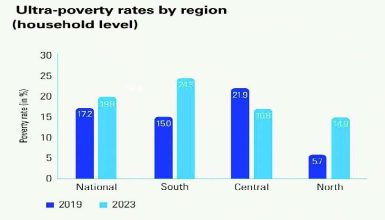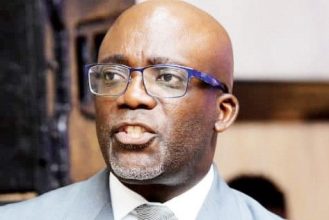Fuel imports drop

Import volumes of fossil fuels including diesel and petrol dropped in June 2013 compared to same period last year.
Data provided by the National Statistical Office (NSO) in the August 2013 bulletin released recently indicates that Malawi imported 17.7 million litres of diesel in June 2013 20 percent less compared to 21.9 million litres imported in June 2012.
The data further indicates that petrol imports dropped by about 30 percent to 9.1 million litres compared to 13.3 million litres in the same period.
But analysts have attributed the drop to the automatic fuel price mechanism (APM) which has prompted a rise in fuel prices in line with the depreciation of the kwacha and other costs.
Indigenous Business Association of Malawi (Ibam) president who is also Country Wide Car Hire general manager, Mike Mlombwa, in an interview on Wednesday said the drop is obviously due to the rise in fuel prices since the adoption of the APM coupled with the depreciation of the kwacha.

“Fuel has now become more expensive and motorists have now cut usage of cars to critical reasons. It is very unfortunate that the depreciation of the kwacha has a great bearing on the rise in fuel prices.
“Due to high prices, others have also opted to buy smaller [cars] or not to buy motor vehicles all together. Both businesses and consumers are feeling the pinch of the rising fuel costs,” said Mlombwa.
According to the NSO bulletin, total motor vehicle registrations in May 2012 dropped to 930 from 1 141 in May 2011. During the same period new saloon and estate cars dropped from 548 to 492, while new commercial vehicles fell from 456 to 251.
But commenting on the fuel industry developments last November, Minister of Energy Ibrahim Matola argued that the APM was important because it has made fuel available.
“Those that are honest will agree that it was more expensive and inconvenient to access fuel before the implementation of the new policies under President Joyce Banda administration. Before the change in policy motorists used to sleep at pump stations or had to buy tainted fuel which was bad for cars at even higher prices,” said Matola.
In January 2013 Malawi Confederation of Chambers of Commerce and Industry (MCCCI) chief executive officer Chancellor Kaferapanjira was quoted in The Nation having said that the APM has helped reduce the fuel import bill by 23 percent to $23 million from $30 million per month.
Keferanjira argued that the APM was an important efficiency measure because one cannot just drive out without justification.





